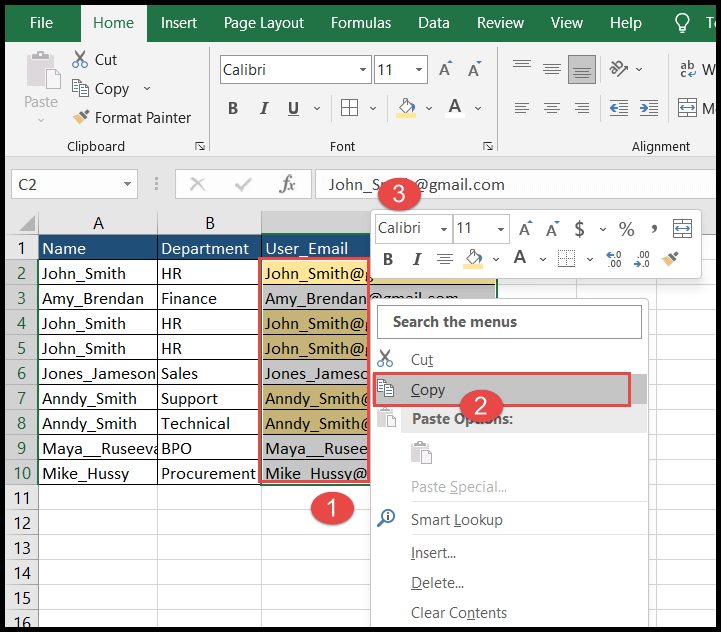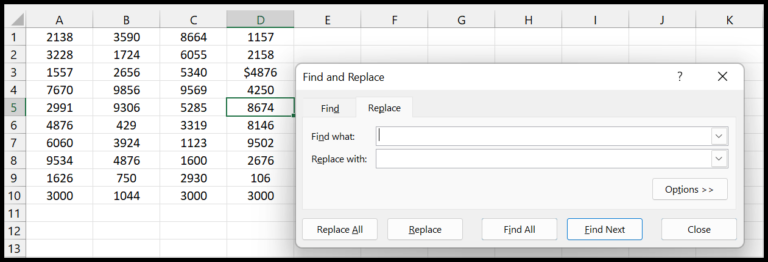I often bump into various functions when I’m knee-deep in VBA code within MS Excel. One such function that frequently pops up is the VBA ISARRAY function. It’s a handy tool that helps determine if the expression I’m working with is an array, which is a collection of items stored in a single variable. Arrays can be tricky, and figuring out if a particular variable is an array or not is crucial before I manipulate or traverse its contents.
In practice, using the ISARRAY function is pretty straightforward and can save a lot of headaches. It simply returns a boolean value—TRUE if the variable is an array, and FALSE if it’s not. This becomes particularly useful when dealing with variants in VBA, as they can contain arrays. Knowing when to use this function is a valuable skill, especially if I need to write clean and error-free macros or when prepping for VBA interview questions. Plus, it’s always good to gather a few more tips to tuck into my Excel toolkit.
Syntax
IsArray(VarName)
- VarName: Required. The variable I want to test for an array datatype.
Arguments
- expression: The item I check, like
VarName, to see if it’s an array. - VarName (required): The variable that’s being tested for array status.
- boolean: The type of value I get back; tells me if
VarNameis an array (TrueorFalse).
It’s pretty straightforward—I give it a variable, and it tells me if there’s an array hiding in there.
Example
I’ve got this macro code that quickly lets me check if something’s an array. Here’s how I use it:
Sub CheckIfArray()
Dim myVariable As Variant
myVariable = Array("This", "Is", "An", "Array")
'Test if myVariable is an array
If IsArray(myVariable) Then
MsgBox "Yes, it's an array.", vbInformation
Else
MsgBox "Nope, not an array.", vbExclamation
End If
End Sub
When I run this, a message box pops up saying “Yes, it’s an array.” since I assigned an array to myVariable. Simple, right?


